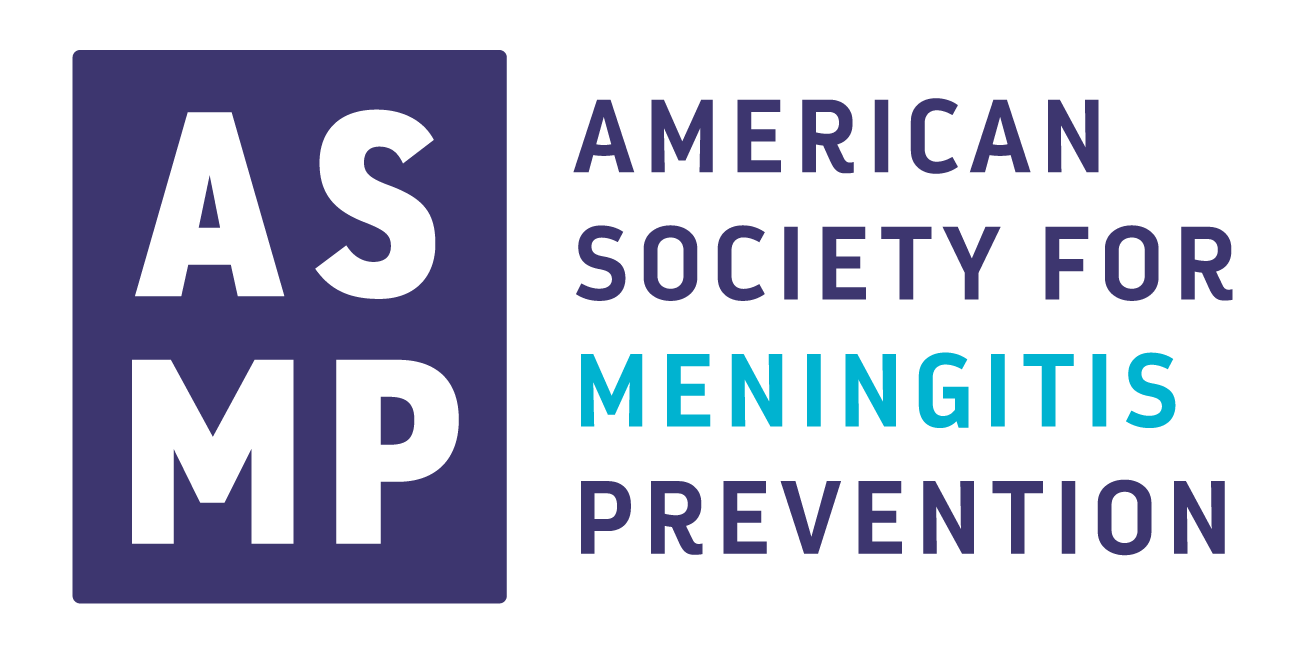Nancy Perry
ASMP Advocate
In the fall of 2017, my son William had just started his freshman year at Bucknell University in Pennsylvania. He had joined the crew team and was settling into college life—making friends, learning the ropes, and enjoying his independence. It was an exciting time for both of us.
When Thanksgiving break came around, William came home, and everything seemed normal—until it wasn’t. He started feeling unwell, and what seemed like typical flu symptoms quickly turned into something much worse. I could tell something was seriously wrong. We rushed him to the hospital, where he was diagnosed with meningococcal disease, serogroup B.
I had never even heard of meningitis B. Watching my son fight for his life, not knowing whether he would make it, was the most terrifying experience of my life. I felt helpless. I couldn’t believe how quickly it had all happened.
Around the same time, I learned that one of William’s teammates, Jackson, was also in the hospital, also diagnosed with meningitis B. He was in a coma. My heart broke for his family, too.
Both William and Jackson pulled through. They were lucky. After weeks of treatment and recovery, they were able to return to Bucknell the next semester. But that’s when I learned something that shook me even more: both boys had received the standard meningitis vaccine—MenACWY—before starting college. Like most parents, I believed that this vaccine protected him from all types of meningitis. I had no idea there was a second vaccine needed to help protect against meningitis B. No one told us. And because of that, William was left vulnerable.
If I had known, I absolutely would have gotten him vaccinated. That’s why I speak out now—as a mother, as an advocate, and as someone who came far too close to losing her son to a preventable disease.
My message to other parents is this: Don’t assume one vaccine is enough. Ask your doctor about Meningitis B. Get the facts. Protect your child.

